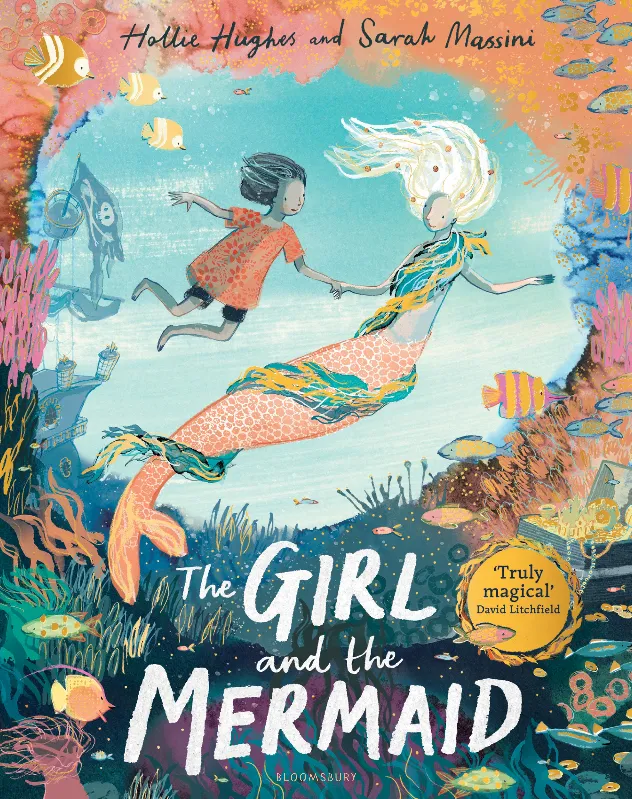Book review: In search of Nongqawuse
Karen Watkins|Published
Dive into the gripping tale of Nongqawuse, a 15-year-old girl whose prophecy led to one of South Africa's most tragic events. Treive Nicholas's book blends history, ...
Book review: If The Dead Could Talk
Karen Watkins|Published
Dive into Juliette Mnqeta's captivating debut, 'If The Dead Could Talk', where secrets unravel in the picturesque Garden Route, leading to a thrilling exploration ...
Rom Con celebrates romance literature with authors and readers
Fouzia Van Der Fort|Published
Romance novelists gathered with readers at a Rom Con to discuss writing, being published and whether they read the genre in the Mother's City at the weekend.
Book review: Taking the Anxiety out of AI
Karen Watkins|Published
Discover how to transform your relationship with artificial intelligence in Sameer Rawjee's 'Taking the Anxiety out of AI'. This insightful review reveals practical ...
